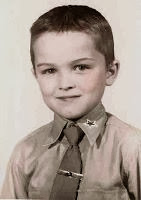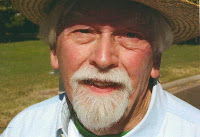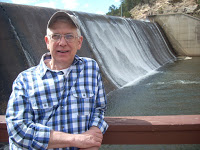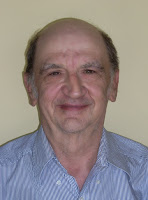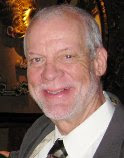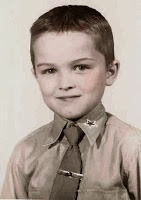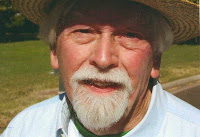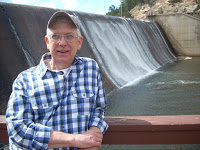This is a story filled with physical violence, sadism, masochism, extreme pain, and a bit of courage. So naturally, it will be boring.
Once upon a time, or in other words, this ain’t no shit, there was a small, thin, appropriately proportioned 8-year old boy who lived at the time of this story in Minnesota. In order to save having to write boring descriptions of this kid, just imagine that he looked like an 8-year old me since what he looked like is not important to the story.
As I said previously, once upon a time, there was this boy who was terribly afraid of needles used to give shots. One day he was taken to this office to see a man, he was told was going to help him.
Upon entering the man’s office, he discovered that the man was supposed to be a doctor but not a doctor he had ever heard of before. This doctor was a tooth doctor or a dentist, if you will. The boy was not nervous or afraid of this doctor.
Once seated in a chair which resembled a barber’s chair which the boy was familiar with and so still was not afraid of anything, the world the boy was comfortable living in suddenly began to change.
The once nice and pleasant doctor dentist examined the boy’s teeth and said that he needed to fix one of the teeth today and another two teeth another day. He then produced a syringe with (what appeared to the boy) a mile long needle. Fear fueled by adrenaline filled the boy and he refused to open his mouth to admit the needle. After wasting several minutes pleading in vain with the boy to let him give the boy a shot in his mouth to prevent pain, the sadistic dentist began to use a drill to bore into the sick tooth.
The first time the drill hit the tooth’s nerve a scream of pain filled the room and probably the street outside too. It was a horrible scene to witness, a poor little child being brutalized by a dentist. Nonetheless, the boy persevered and the nasty dentist eventually finished the task and the boy left.
On the next visit, and for the rest of his life, the boy wisely accepted the brief pain of the shot and avoided the trauma of tooth pain, but he still dislikes being in the dentist chair.
© 28 April 2014
About the Author
I was born in June of 1948 in Los Angeles, living first in Lawndale and then in Redondo Beach. Just prior to turning 8 years old in 1956, I began living with my grandparents on their farm in Isanti County, Minnesota for two years during which time my parents divorced.
When united with my mother and stepfather two years later in 1958, I lived first at Emerald Bay and then at South Lake Tahoe, California, graduating from South Tahoe High School in 1966. After three tours of duty with the Air Force, I moved to Denver, Colorado where I lived with my wife and four children until her passing away from complications of breast cancer four days after the 9-11 terrorist attack.
I came out as a gay man in the summer of 2010. I find writing these memories to be therapeutic.
My story blog is TheTahoeBoy.Blogspot.com
